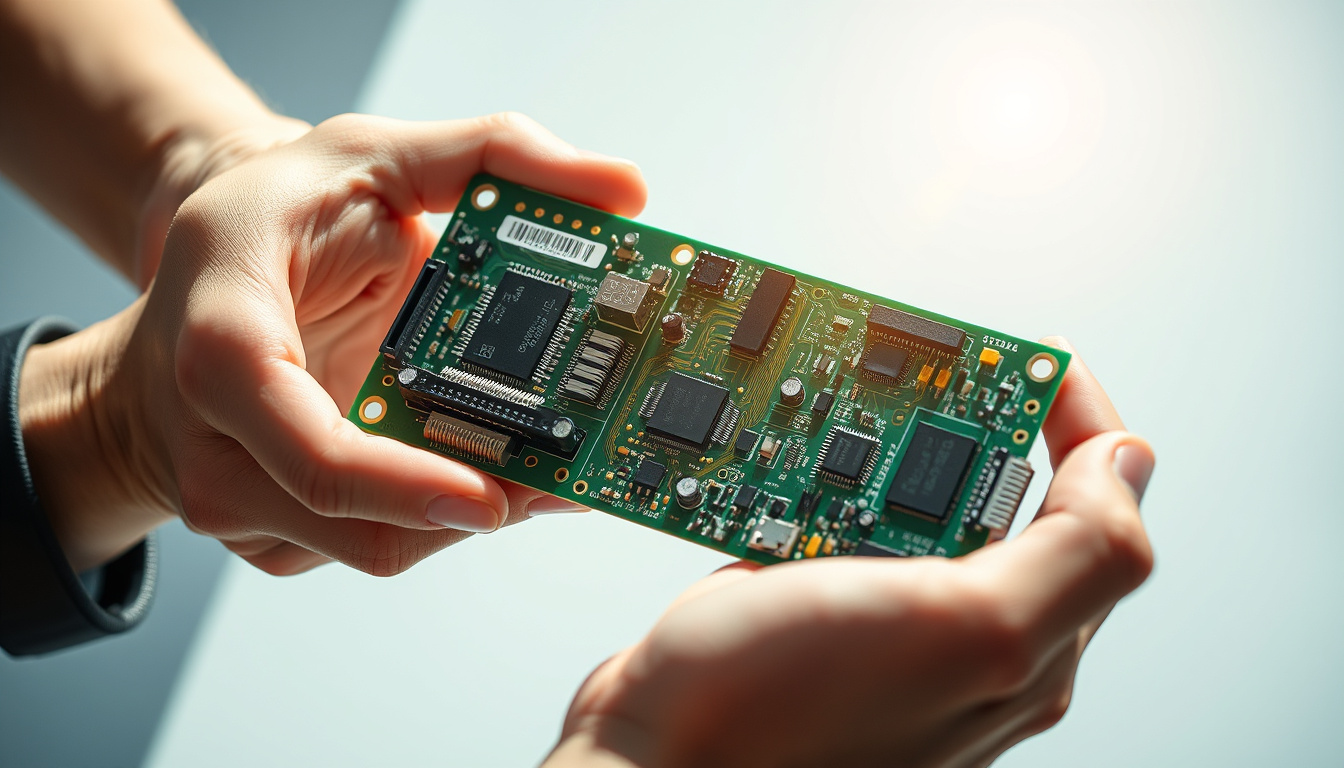In today’s fast-paced digital age, the importance of electronics recycling cannot be overstated. With the rapid turnover of gadgets and electronic devices, millions of tons of electronic waste (e-waste) are generated annually worldwide. Electronics recycling offers a sustainable solution to manage this growing problem, helping conserve natural resources, reduce pollution, and promote a cleaner environment. This article explores the top benefits of electronics recycling and why adopting this practice is crucial not only for environmental health but also for societal well-being.
Understanding Electronics Recycling
Electronics recycling refers to the process of recovering useful materials from discarded electronic devices. This includes smartphones, computers, televisions, printers, and more. Instead of dumping these devices in landfills, recycling facilities extract valuable metals, plastics, and glass components, reducing waste and minimizing harmful environmental impacts.
Why Electronics Recycling Matters
The keyword electronics recycling represents a critical environmental practice because electronic waste contains hazardous substances such as lead, mercury, cadmium, and brominated flame retardants. When improperly disposed of, these chemicals can leach into soil and water, causing significant environmental damage and human health risks. Proper recycling keeps these toxins out of the ecosystem and recovers raw materials that reduce the demand for mining new resources.
Top Benefits of Electronics Recycling
1. Conserves Natural Resources
Many electronics are made from precious and finite materials such as gold, silver, copper, and rare earth elements. Through electronics recycling, these materials are recovered and reused, decreasing the need for mining and extraction. Mining often causes habitat destruction, water pollution, and high energy consumption. Recycling components from e-waste alleviates some of these environmental pressures and preserves natural resources for future generations.
2. Reduces Environmental Pollution
Improper disposal of electronics can lead to toxic substances contaminating soil, water, and air. For instance, lead and mercury released into the environment may cause neurological and developmental problems in humans and animals. Electronics recycling prevents these hazardous materials from entering landfills and incinerators, thus significantly reducing pollution (source).
3. Saves Energy and Lowers Carbon Emissions
Recycling electronics uses considerably less energy compared to manufacturing products from virgin materials. For example, recycling metals reduces energy consumption by up to 90% compared to mining and refining raw ores. This energy savings translates into lower greenhouse gas emissions, contributing to climate change mitigation efforts. By promoting electronics recycling, we reduce the carbon footprint associated with the production of electronic goods.

4. Supports Sustainable Economic Growth
Electronics recycling creates green jobs in collection, logistics, dismantling, refurbishing, and reprocessing materials. These are often local jobs that stimulate economies while promoting environmental stewardship. Also, refurbished electronics provide affordable technology access for low-income communities. This circular economy approach extends product life cycles and reduces waste generation, fostering a more sustainable society.
5. Protects Human Health
In areas where e-waste is improperly disposed of, workers and nearby residents face exposure to toxic chemicals, often without adequate safety measures. Electronics recycling conducted under regulated environments ensures safe handling and disposal protocols that protect workers and communities. This reduces health risks such as respiratory diseases, skin conditions, and other chronic illnesses caused by hazardous waste exposure.
How to Participate in Electronics Recycling
Participating in electronics recycling is easier than many realize. Here are simple steps to get started:
- Identify recyclable electronics: Common items include computers, laptops, smartphones, tablets, printers, batteries, and cables.
- Locate certified e-waste recycling centers: Many cities provide drop-off points or events for electronic waste collection. You can search online for certified recyclers in your area.
- Prepare your electronics: Remove personal data from devices, backup important files, and follow any guidelines provided by recycling programs.
- Recycle responsibly: Avoid throwing electronics into general waste bins. Utilize official recycling programs to ensure proper disposal.
- Consider donation or refurbishment: If your electronics are still functional, donating or selling them extends their lifespan and reduces waste.
Electronics Recycling: A Collective Responsibility
As consumers, manufacturers, and policymakers, it is imperative to recognize the vast benefits of electronics recycling. Sustainable management of e-waste not only safeguards the environment but promotes social equity and economic resilience. By actively participating in electronics recycling programs, individuals contribute to reducing landfill waste, conserving resources, and promoting healthier ecosystems.
Frequently Asked Questions (FAQ)
What exactly is electronics recycling, and why is it important?
Electronics recycling involves processing discarded electronic devices to recover valuable materials and safely dispose of hazardous components. It is important because it prevents toxic substances from polluting the environment, conserves natural resources, and reduces energy consumption.
How does electronics recycling benefit the environment?
Recycling electronics reduces pollution by safely disposing of harmful chemicals, diminishes the need for raw material extraction, cuts greenhouse gas emissions through energy savings, and prevents e-waste build-up in landfills, thus protecting ecosystems.
Can I recycle any electronic device, and where can I recycle electronics safely?
Most common electronic devices including phones, computers, and batteries can be recycled. Safe recycling can be done at local government e-waste collection centers, authorized electronic retailers, or certified recycling facilities. Always check for e-waste recycling programs in your community.
Conclusion: Take Action for a Cleaner, Greener Future
Electronics recycling is not just an option—it is a vital part of environmental responsibility in today’s technology-driven world. By recycling electronics, we conserve valuable resources, reduce pollution, lower carbon emissions, create jobs, and protect human health. The benefits for a cleaner environment are profound and far-reaching. Join the movement toward a sustainable future by recycling your old electronics responsibly. Every device recycled is a step closer to preserving our planet’s health for generations to come.
Make electronics recycling a habit today and encourage others to do the same. Together, small actions can lead to big environmental change.
Junk Guys Orange County
Phone: 949-629-4960
Website: www.junkguysoc.com
Email: junkguysoc@gmail.com
